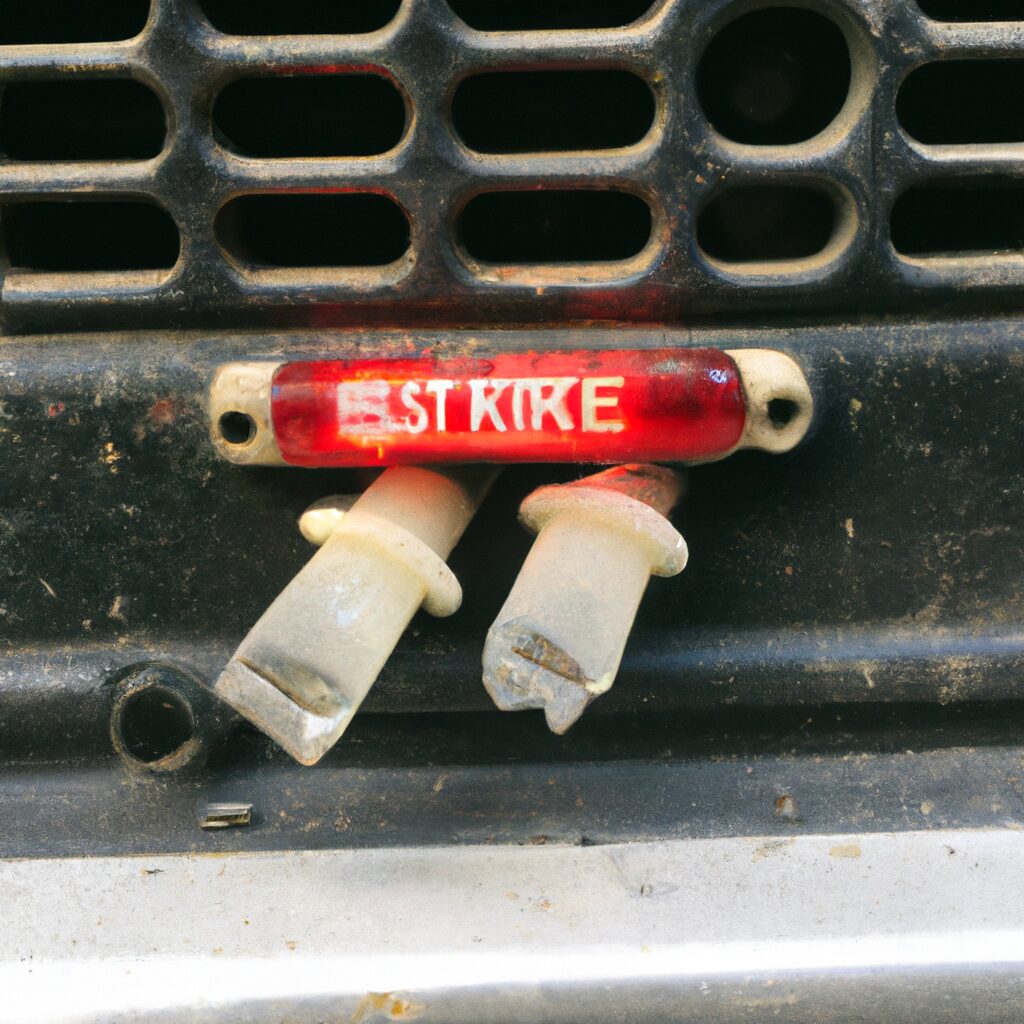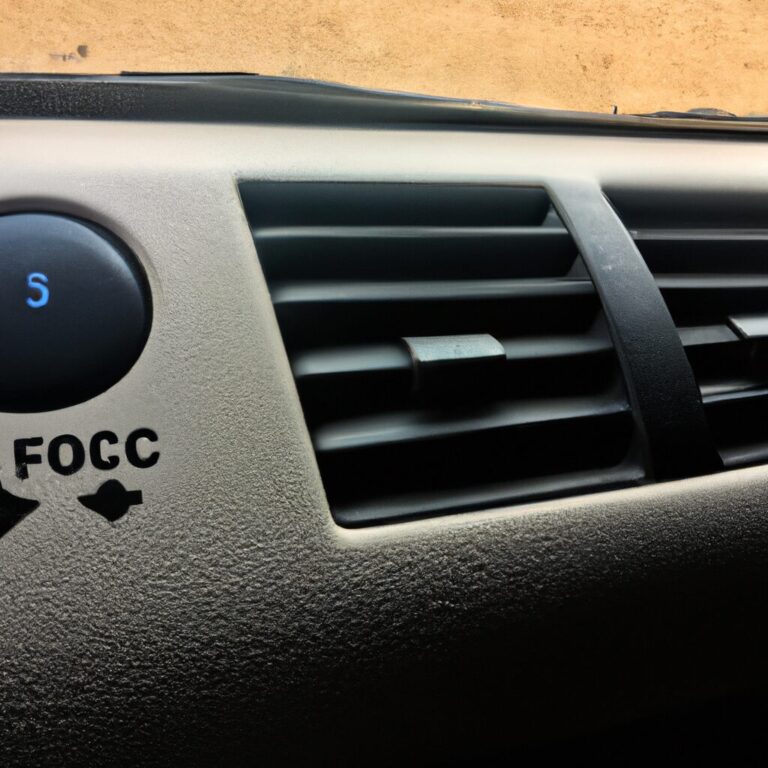why does my brake light fuse keep blowing
Introduction
If your brake light fuse keeps blowing, it can be a sign of a serious problem with your vehicle. It could be a wiring issue, a faulty brake light switch, or a problem with the brake light circuit. It is important to identify the cause of the problem and fix it as soon as possible, as it could be a safety hazard. In this article, we will discuss the possible causes of a blown brake light fuse and how to fix it.
What Causes a Brake Light Fuse to Keep Blowing?
A brake light fuse that keeps blowing is usually caused by a short circuit in the wiring of the brake lights. This can be caused by a number of factors, including a faulty brake light switch, a damaged wire, or a corroded connection. In some cases, the problem may be due to a faulty bulb or a defective brake light assembly.
In order to determine the cause of the blown fuse, it is important to inspect the wiring and connections of the brake lights. If the wiring appears to be in good condition, then the brake light switch should be tested. If the switch is faulty, it should be replaced. If the wiring is damaged, it should be repaired or replaced. If the connections are corroded, they should be cleaned and re-connected.
If the wiring and connections appear to be in good condition, then the brake light assembly should be inspected. If the assembly is defective, it should be replaced. If the bulb is faulty, it should be replaced.
Once the cause of the blown fuse has been identified and corrected, the fuse should be replaced and the brake lights should be tested to ensure that they are functioning properly.
How to Diagnose a Blown Brake Light Fuse
Diagnosing a blown brake light fuse can be a straightforward process. To begin, locate the fuse box in your vehicle. This is usually located under the dashboard or in the engine compartment. Once you have located the fuse box, open it and identify the fuse for the brake lights. This should be labeled clearly.
Next, remove the fuse from the fuse box and inspect it. If the metal strip inside the fuse is broken, then the fuse has blown and needs to be replaced. If the metal strip is intact, then the fuse is still good and the problem lies elsewhere.
If the fuse has blown, you will need to replace it with a new one. Make sure to use a fuse with the same amperage rating as the original. Once the new fuse is in place, close the fuse box and test the brake lights. If the lights are still not working, then the problem may lie with the wiring or the brake light switch.
In conclusion, diagnosing a blown brake light fuse is a relatively simple process. Start by locating the fuse box and identifying the fuse for the brake lights. Then, inspect the fuse to determine if it has blown. If it has, replace it with a new one of the same amperage rating. If the brake lights still do not work, then the problem may lie with the wiring or the brake light switch.
Common Reasons Why a Brake Light Fuse Keeps Blowing
One of the most common reasons why a brake light fuse keeps blowing is due to a short circuit. This occurs when the wiring in the brake light system is damaged or corroded, causing the electricity to flow in an unintended direction. This can cause the fuse to blow as it is unable to handle the increased current.
Another common cause of a blown brake light fuse is a faulty brake light switch. This switch is responsible for turning the brake lights on and off when the brakes are applied. If the switch is faulty, it can cause the brake lights to stay on, even when the brakes are not being applied. This can cause the fuse to blow as it is unable to handle the increased current.
Finally, a blown brake light fuse can also be caused by a faulty brake light bulb. If the bulb is not functioning correctly, it can cause the brake lights to stay on, even when the brakes are not being applied. This can cause the fuse to blow as it is unable to handle the increased current.
In order to prevent a blown brake light fuse, it is important to regularly inspect the wiring in the brake light system for any signs of damage or corrosion. Additionally, it is important to ensure that the brake light switch is functioning correctly and that the brake light bulb is in good working order. If any of these components are found to be faulty, they should be replaced immediately in order to prevent a blown fuse.
How to Replace a Blown Brake Light Fuse
If your brake light fuse has blown, it is important to replace it as soon as possible. A blown fuse can cause your brake lights to malfunction, which can be dangerous for you and other drivers on the road. Fortunately, replacing a blown brake light fuse is a relatively simple process.
To begin, locate the fuse box in your vehicle. This is usually located under the dashboard on the driver’s side. Once you have located the fuse box, open the lid and identify the fuse for the brake lights. It is usually labeled as such.
Once you have identified the fuse, use a fuse puller or a pair of needle-nose pliers to remove it from the fuse box. Inspect the fuse to determine if it is blown. If it is, discard it and replace it with a new fuse of the same amperage.
Once you have installed the new fuse, close the lid of the fuse box and test the brake lights. If the brake lights are working properly, the job is complete. If not, you may need to check the wiring or the brake light switch.
Replacing a blown brake light fuse is a simple process that can be done in a matter of minutes. It is important to replace a blown fuse as soon as possible to ensure the safety of yourself and other drivers on the road.
What to Do When Your Brake Light Fuse Keeps Blowing
If your brake light fuse keeps blowing, it is important to take the necessary steps to identify and address the underlying issue. Fuses are designed to protect the electrical system from damage, so it is important to take the necessary steps to ensure that the issue is resolved.
The first step is to identify the cause of the blown fuse. This can be done by inspecting the fuse and the wiring around it. If the fuse appears to be damaged, it should be replaced with a new one of the same amperage. If the wiring appears to be damaged, it should be replaced or repaired.
Once the cause of the blown fuse has been identified, the next step is to address the underlying issue. If the wiring is damaged, it should be replaced or repaired. If the fuse is being overloaded, the circuit should be checked to ensure that it is not overloaded. If the circuit is overloaded, it should be rewired or a higher amperage fuse should be used.
Finally, it is important to ensure that the brake light fuse is replaced with a new one of the same amperage. This will help to prevent the issue from occurring again in the future.
By following these steps, you can ensure that your brake light fuse is functioning properly and that the underlying issue is addressed. This will help to keep your vehicle safe and ensure that your brake lights are working properly.
How to Troubleshoot a Blown Brake Light Fuse
If your brake light fuse has blown, it is important to troubleshoot the issue in order to ensure the safety of yourself and other drivers on the road. Follow these steps to troubleshoot a blown brake light fuse:
1. Locate the fuse box. This is usually located under the dashboard or in the engine compartment.
2. Identify the fuse for the brake lights. This should be labeled on the fuse box cover.
3. Check the fuse. If the fuse is blown, replace it with a new one of the same amperage rating.
4. Test the brake lights. Turn on the ignition and press the brake pedal. If the lights do not come on, the fuse may not be the only issue.
5. Check the wiring. If the fuse is not the issue, check the wiring for any loose connections or frayed wires.
6. Check the brake light switch. If the wiring is in good condition, the brake light switch may be the issue. This is located on the brake pedal and can be tested with a multimeter.
7. Replace the brake light switch. If the switch is faulty, replace it with a new one.
Following these steps should help you troubleshoot a blown brake light fuse. If the issue persists, it is recommended to take your vehicle to a qualified mechanic for further inspection.
How to Prevent a Brake Light Fuse from Blowing
Blowing a brake light fuse can be a frustrating experience, especially if you are unaware of the cause. Fortunately, there are a few steps you can take to prevent a brake light fuse from blowing.
First, check the wiring of the brake lights. Make sure all the connections are secure and that there is no visible damage to the wiring. If you find any damage, replace the wiring as soon as possible.
Second, inspect the brake light bulbs. Make sure they are the correct wattage and that they are not burned out. If the bulbs are burned out, replace them with new ones.
Third, check the brake light switch. Make sure it is functioning properly and that it is not stuck in the “on” position. If the switch is stuck, replace it with a new one.
Finally, check the fuse. Make sure it is the correct size and that it is not blown. If the fuse is blown, replace it with a new one.
By following these steps, you can help prevent a brake light fuse from blowing. If you are still having issues, it is best to consult a professional mechanic for further assistance.
What Are the Dangers of a Blown Brake Light Fuse?
A blown brake light fuse can be a serious safety hazard. Without a functioning brake light, other drivers may not be able to see when you are slowing down or stopping, which can lead to a collision. Additionally, if you are pulled over by law enforcement, you may be issued a ticket for having a malfunctioning brake light.
In some cases, a blown brake light fuse can be indicative of a larger problem with the brake system. If the fuse is blown, it may be a sign that the brake light wiring is faulty or that the brake light bulb is burned out. If this is the case, it is important to have the brake system inspected by a qualified mechanic to ensure that it is functioning properly.
In order to prevent a blown brake light fuse, it is important to regularly inspect the brake light wiring and bulbs. If the wiring is frayed or the bulbs are burned out, they should be replaced immediately. Additionally, it is important to check the fuse regularly and replace it if it is blown.
Q&A
1. What type of vehicle do you have?
2. Have you checked the brake light bulbs to make sure they are not burned out?
3. Have you checked the wiring harness for any signs of damage or corrosion?
4. Are the brake light switches functioning properly?
5. Is the brake light fuse the correct size and rating for your vehicle?
6. Are the brake light fuses in good condition and not corroded or damaged?
7. Are the brake light fuses being overloaded by too many accessories or too much current draw?
8. Are there any other electrical components that could be causing a short circuit or drawing too much current?
Conclusion
The most likely cause of a brake light fuse blowing is a short circuit in the wiring. This could be caused by a faulty brake light switch, a damaged wire, or a corroded connection. It is important to inspect the wiring and components to identify the source of the problem and repair it before replacing the fuse.



